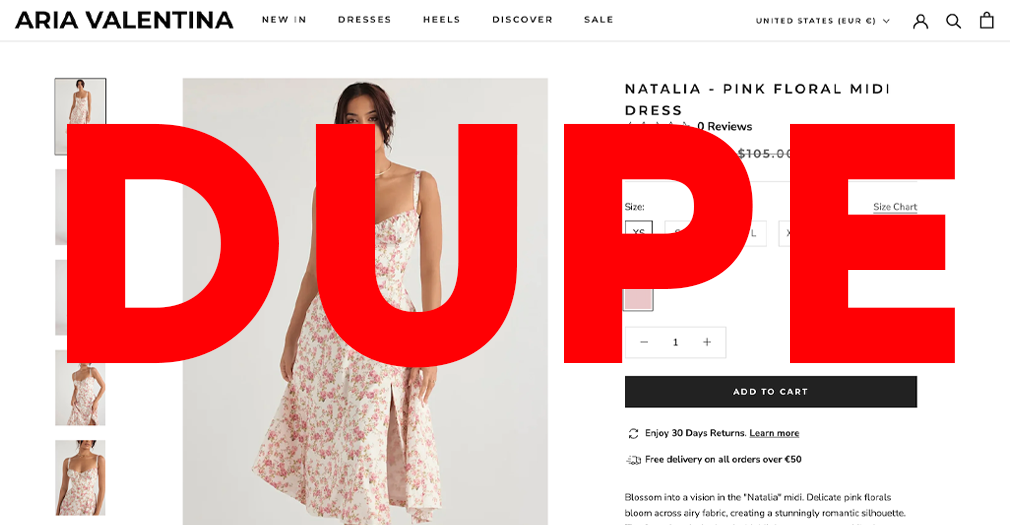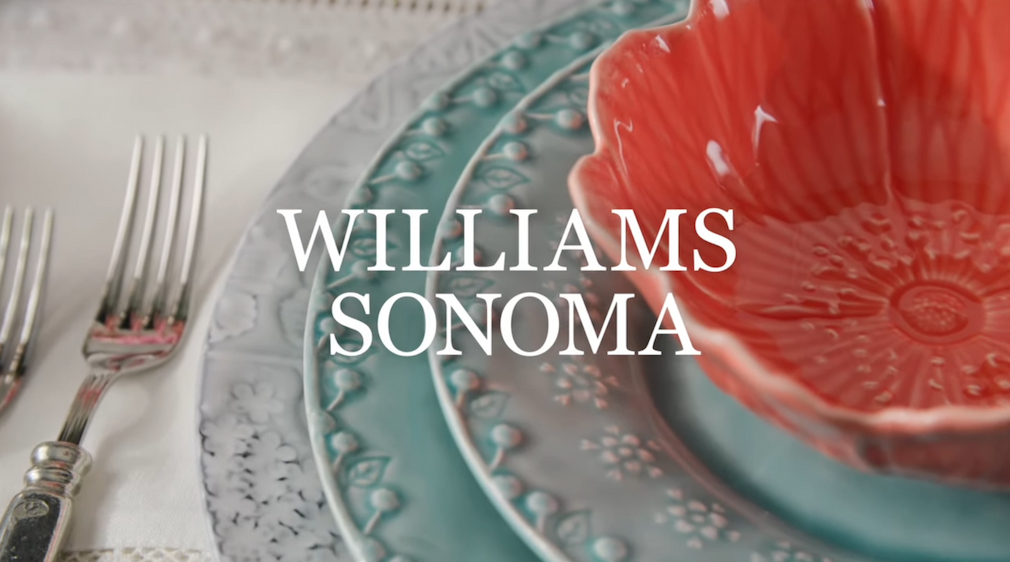
FTC Should Ban Individual Impersonation Scams
TINA.org submits comment in support of FTC’s proposal to ban fake celebrity endorsements, romance scams and other impersonation scams.
October 2017: This action was voluntarily dismissed When a complaint is dismissed without prejudice, an amended version of the complaint can be refiled., the reasons for which have not been disclosed.
September 2017: A federal judge dismissed some of the claims but allowed others to move forward.
October 2016: Plaintiffs filed an amended complaint that brings similar allegations.
July 2016: A class-action lawsuit was filed against NBTY, Inc. for allegedly falsely marketing Ester-C and other vitamin supplements as “Made in USA” when they actually contain ingredients from foreign countries. (Sweat et al v. NBTY, Inc., Case No. 16-cv-940, M. D. FL.)
For more information about other class-action lawsuits about “Made in USA” claims and TINA.org’s coverage of the issue, click here.
For more information about other class-action lawsuits regarding supplements and TINA.org’s coverage of them, click here.
TINA.org submits comment in support of FTC’s proposal to ban fake celebrity endorsements, romance scams and other impersonation scams.
Looks can be deceiving.
Eric Lagatta, USA Today
Following a complaint by ad watchdog truthinadvertising.org (TINA.org), Pottery Barn’s parent company Williams-Sonoma has agreed to pay more than $3 million for violating a 2020 FTC consent order requiring that…
FTC says civil penalty against Williams-Sonoma is “the largest ever in a Made in USA case.”


